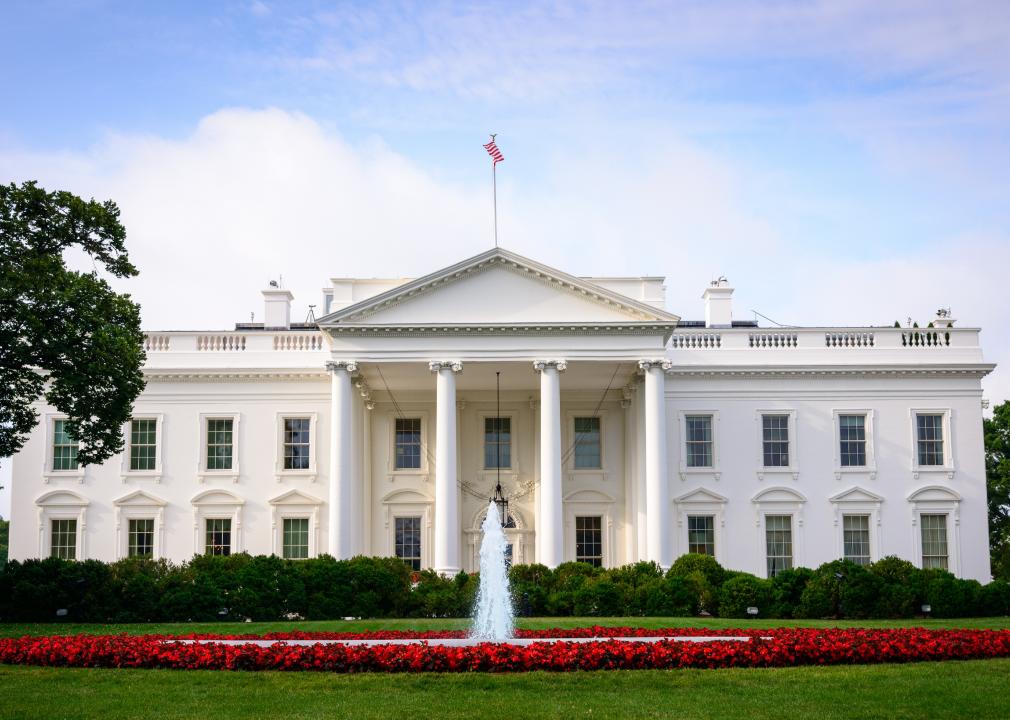Exhibition co-curated with Amina Ross
February 5th––March 24th 2018
ADDS Donna, Chicago IL
Images
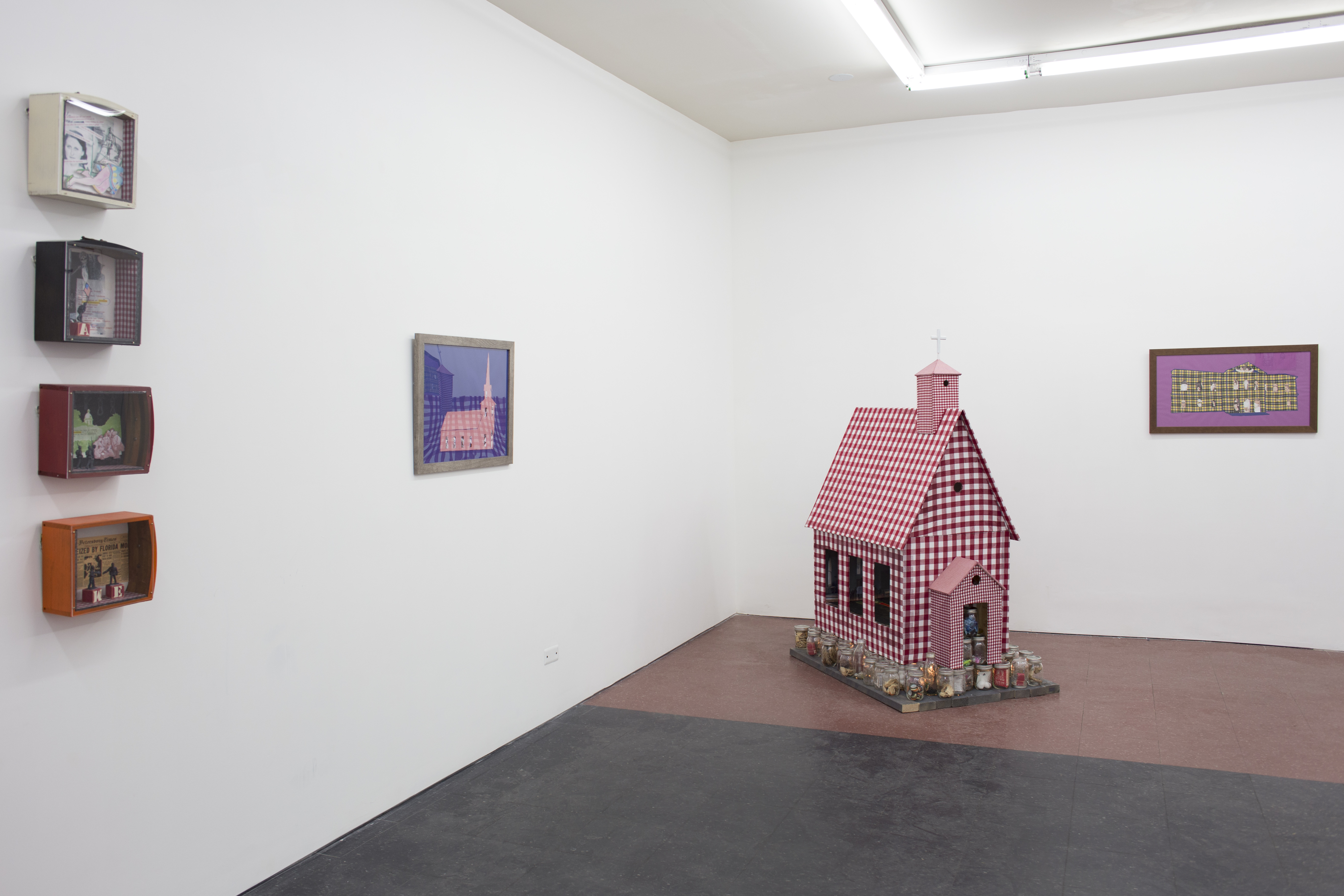
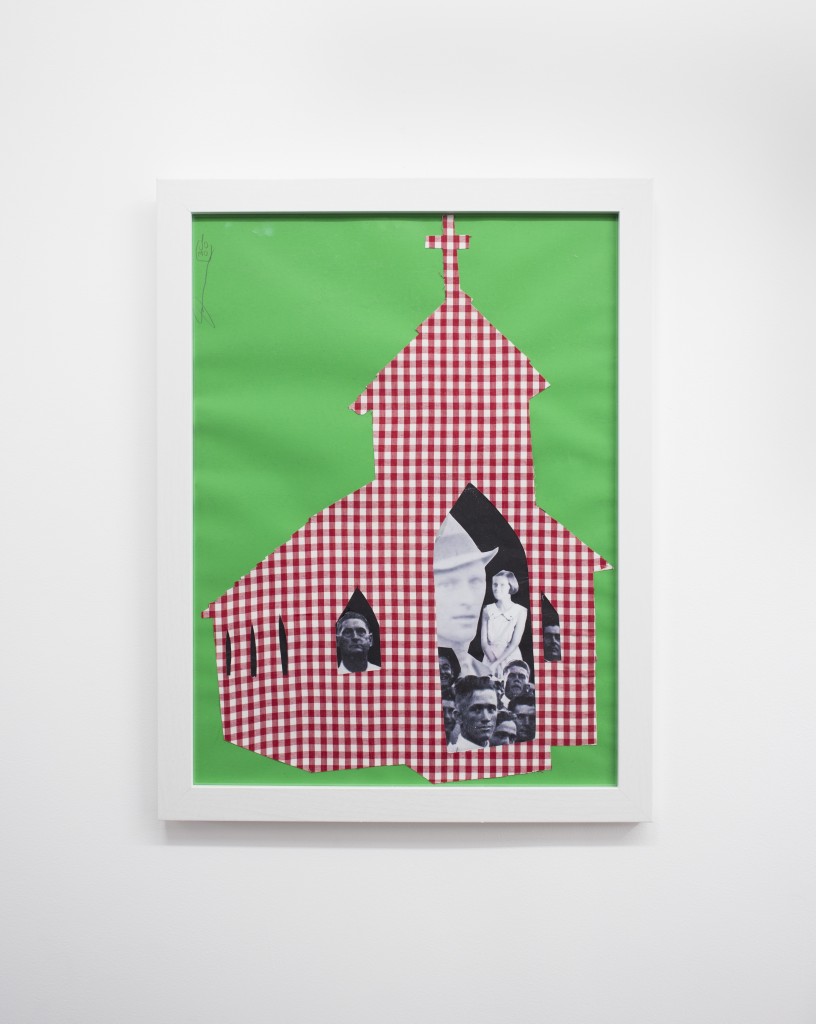

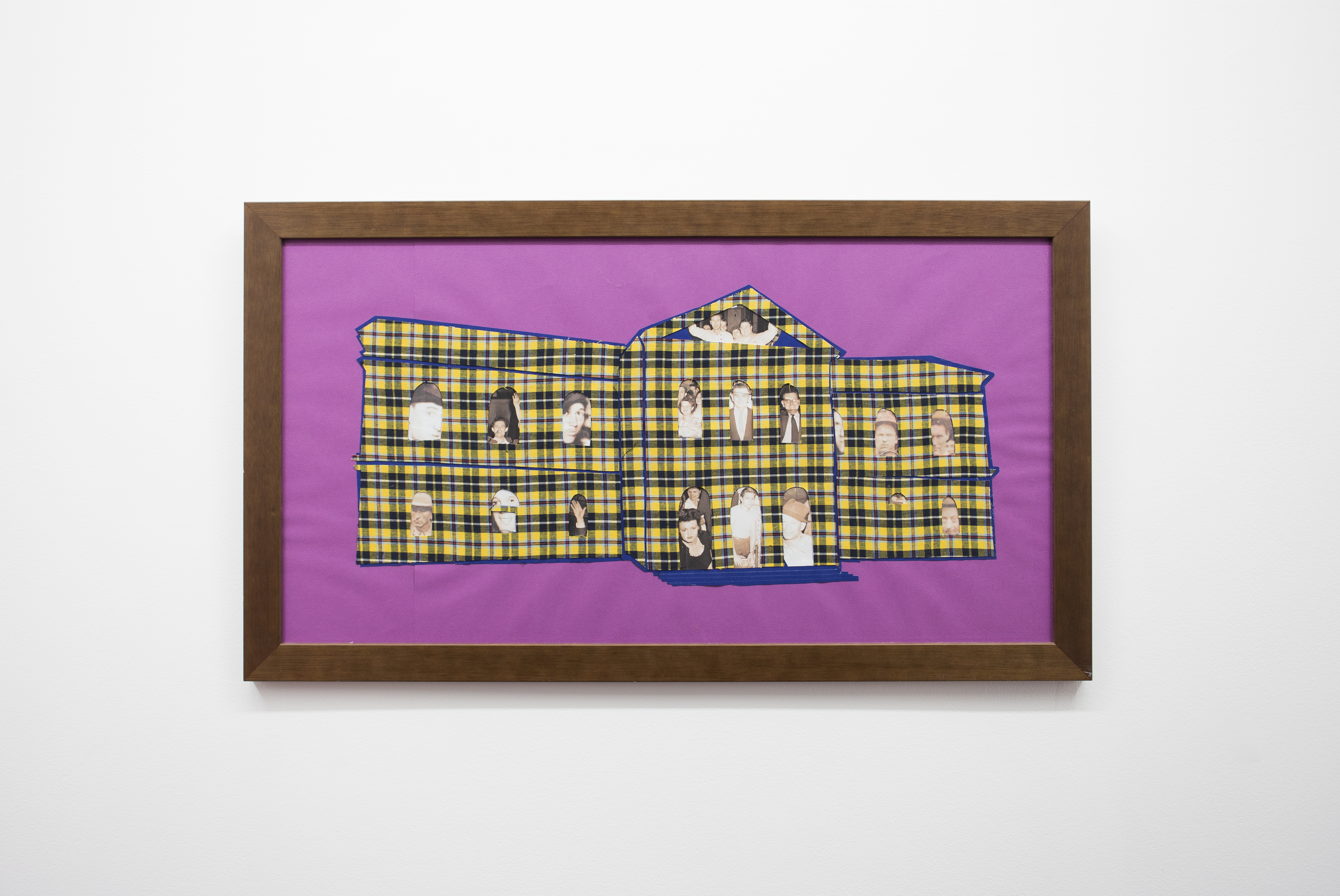

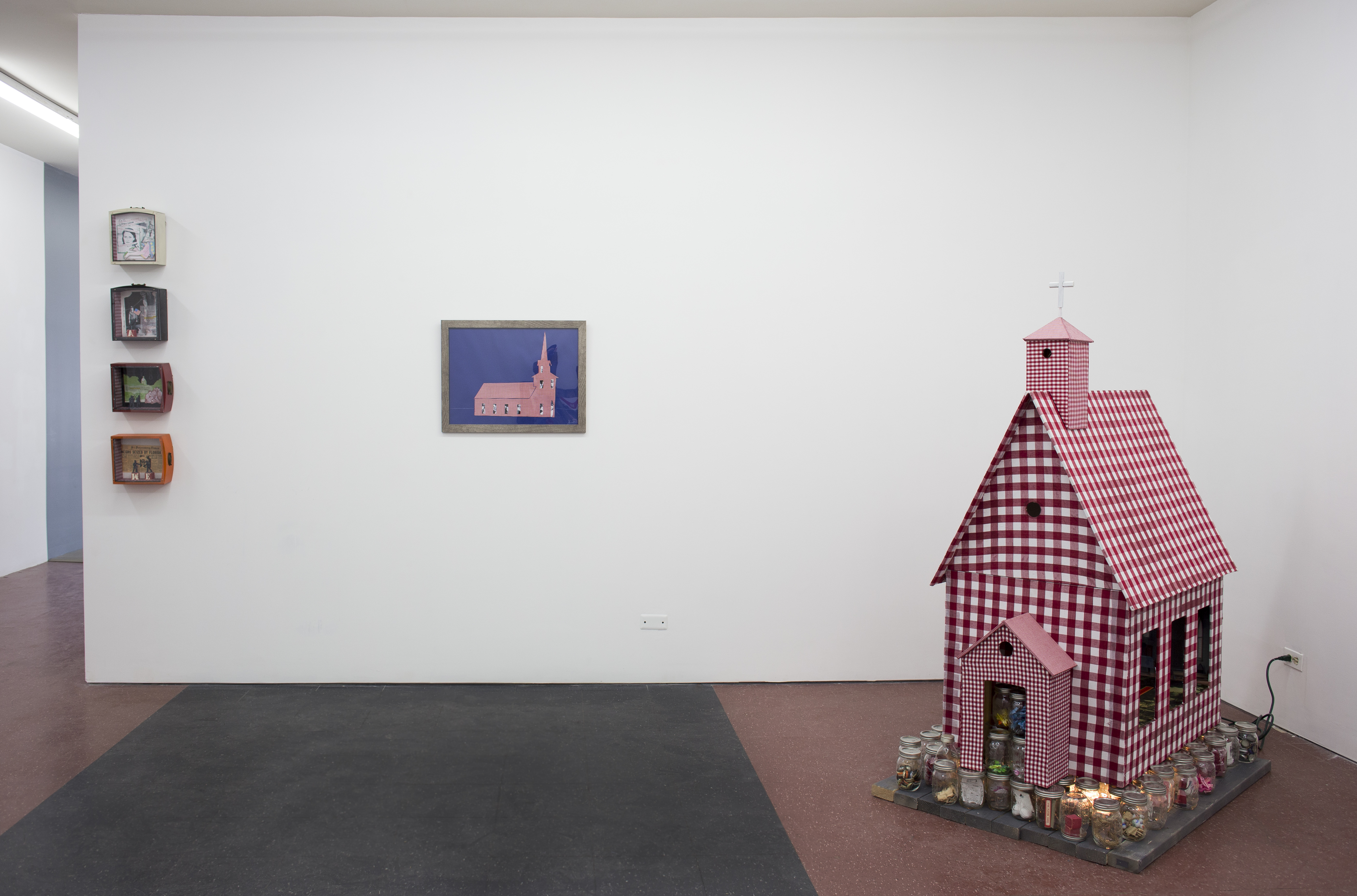
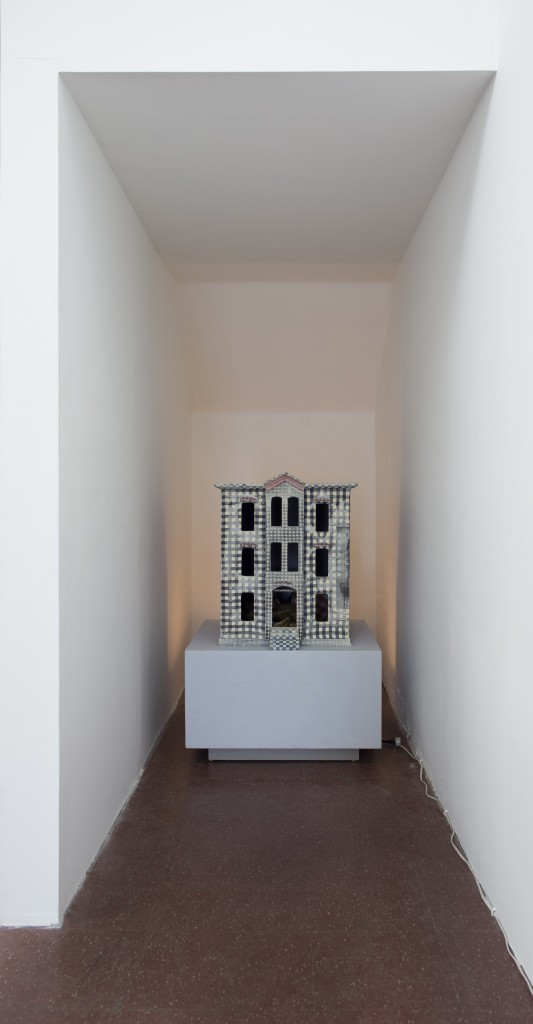
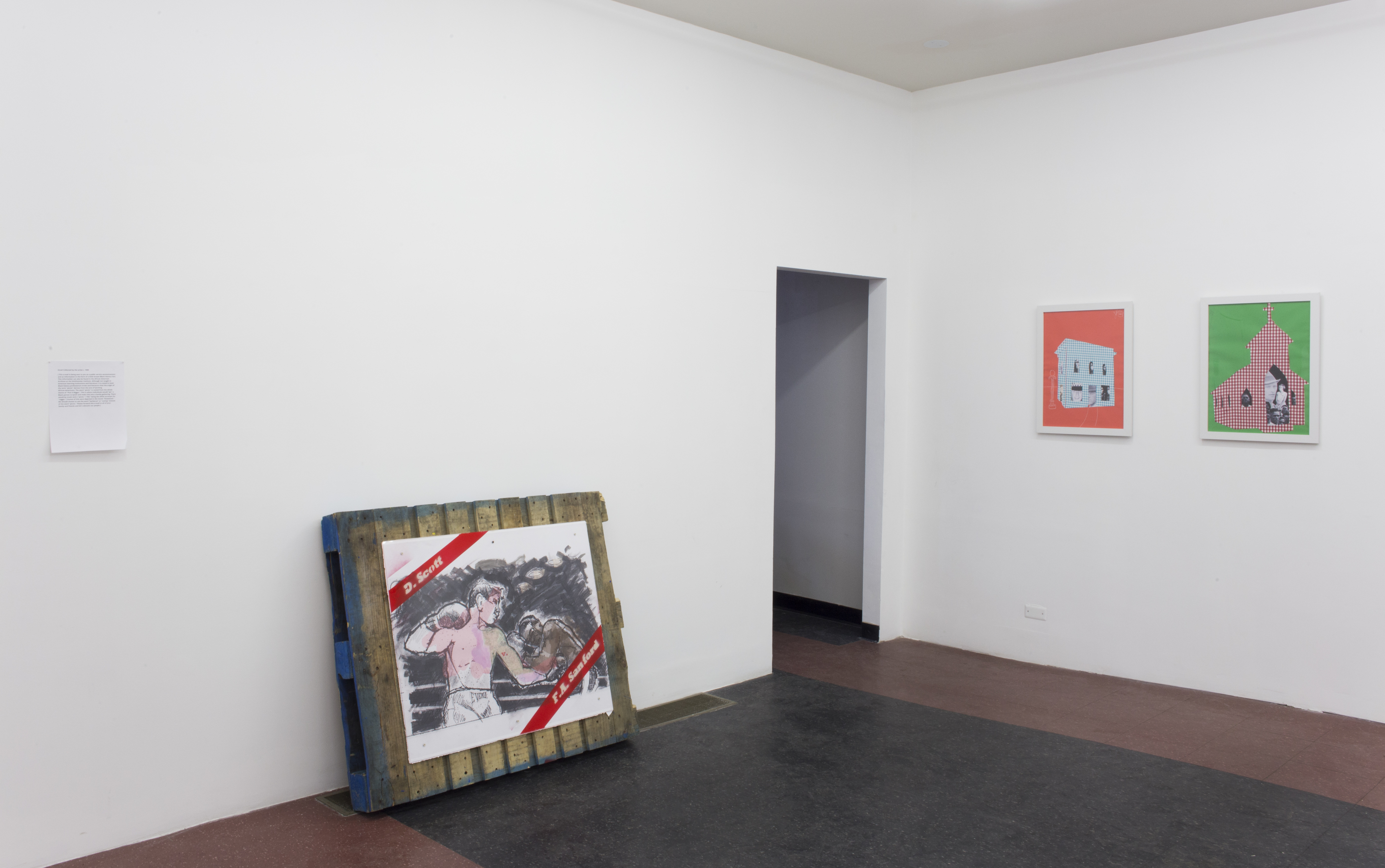


Press Release
Email Collected by the artist c. 1999
[ This e-mail is being sent to you as a public service announcement and as information in the form of a little known Black History Fact. This information can also be found in the African American Archives at the Smithsonian Institute. Although not taught in American learning institutions and literature, it is noted in most Black history professional circles and literature that the origin of the term “picnic” derives from the acts of lynching African-Americans. The word “picnic” is rooted from the whole theme of “Pick A Nigger.” This is where individuals would “pic” a Black person to lynch and make this into a family gathering. There would be music and a “picnic.” (“Nic” being the white acronym for “nigger.”) Scenes of this were depicted in the movie “Rosewood.” We should choose to use the word “barbecue” or “outing” instead of the word “picnic.” Please forward this e-mail to all of your family and friends and let’s educate our people.]
Although widely discredited and eventually disproved, the potential malicious criminality of the word “picnic” still lingers. One could say the success of this rumor (the artist a recipient of this e-mail and longstanding witness to several conversations this e-mail generated during its peak) is that it confirms suspicions about leisure in America. The narrative of this e-mail validates the spectacle of Black suffering and while doing so others leisure itself. The e-mail divides the world, American history and knowledge into halves. Black people hang, white people hang out. The cruelty of leisure, perhaps even more still, the cruelty of language (can a word be a fugitive? ) is all too seductive to ignore. If this e-mail was able to take root it was only because the landscape for black skepticism (mistrust, cynicism and rebranding of history) was made fertile by oppression. This e-mail’s success and wide circulation suggests suspicions upheld by many black Americans that have very easily been bolstered by history. Suspicions such as: the innocuous can very easily have been always deadly and the harmless could’ve always been harmful.
Much like victims of lynching, the word picnic was accused and the call for action, for justice, for removal, for erasure, for destruction, was immediate. Presented by Amina Ross and Justin Chance in collaboration with ADDS Donna, Reparations for Interruptions is a solo exhibition featuring the work of Jomo Cheatham. Part of ECLIPSING, this exhibition is an exploration of the (intentionally) dark (this time, as in underexposed) history of lynching not only as a method of white vigilanteism but as an ongoing examination of the criminal, the fugitive, the spectacle and the righteous. Gingham fabric and photographs of white faces in gray-scale, collages and structures, lights and a little sound––this is an exhibition about bodies on display, and the people who put them there; Justice, violence (of which the artist keenly poses as Interruptions) and the institutions that have housed them.
- JC
